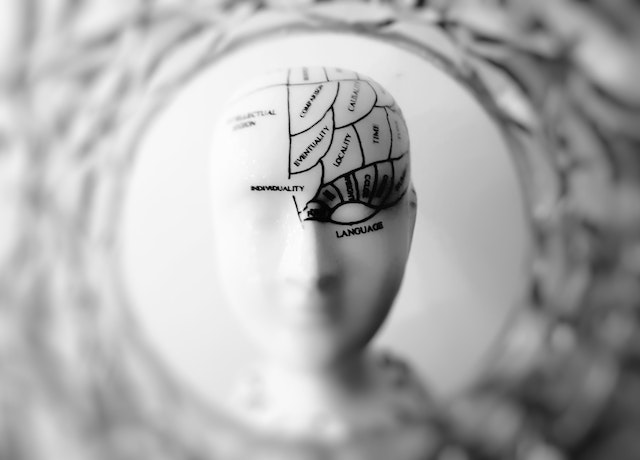
The Gut-Brain Axis.
The gut-brain axis connects physical and emotional wellbeing through a two-way communication pathway between the gut and the brain. Researchers have recently discovered an intriguing link between gut health and brain wellness. This blog explores the importance of the gut-brain axis and demonstrates how having a healthy gut can have a good effect on mental health. Understanding this connection can help us make decisions that will improve our bodily and emotional well-being(Gut health and mental health)
The Gut Microbiota: Your Internal Ecosystem.
The gut is home to a vast number of microbes known as the gut microbiota. These numerous species of bacteria, viruses, fungus, and other microorganisms are essential to the preservation of our general health. A healthy gut microbiome has been linked in studies to better mental health outcomes, such as decreased anxiety and sadness.https://pubmed.ncbi.nlm.nih.gov/34923209/

Serotonin: The Happy Hormone Connection.
The gut-brain axis is significantly influenced by serotonin, a chemical frequently linked to mood control. It’s interesting to note that the gut is where 90% of serotonin is produced. For serotonin generation and control, a healthy gut flora is necessary. The dysregulation of serotonin that may result from gastrointestinal imbalances may help explain why some mental health illnesses occur.https://www.ncbi.nlm.nih.gov/pmc/articles/PMC5641835/
Inflammation and Mental Health.
Chronic inflammation has been connected to a number of mental health conditions, including anxiety and depression. An important part of controlling inflammation in the body is played by the gut. A sick or unbalanced gut flora can lead to an inflammatory response, which may have an impact on mental and cognitive performance. Reducing inflammation and promoting mental health depend on keeping the gut healthy.
Stress, Gut Health, and Mental Health.
Stress can have a substantial negative influence on both mental and gastrointestinal health. An important part of the body’s stress response mechanism is played by the gut-brain axis. Chronic stress can throw off the microbial balance in the gut, which worsens digestion, increases inflammation, and compromises mental health. The gastrointestinal and mental health can both benefit from stress management methods including meditation, exercise, and a balanced lifestyle.https://www.health.harvard.edu/diseases-and-conditions/the-gut-brain-connection

Strategies for Improving Gut Health and Mental Health.
Improving gut health may improve mental wellness. Here are some methods for maximizing both:
a .Adopt a gut-healthy diet:Adopt a gut-healthy diet by putting an emphasis on fermented foods, fiber-rich meals, and a variety of fruits and vegetables to maintain a healthy gut flora.
b. Take into account probiotics and prebiotics: Prebiotics are dietary fibers that feed the gut flora, whilst probiotics are healthy bacteria that can be obtained through supplements or specific meals.
c. Control stress: Make sure you get enough sleep each night and practice stress-reduction strategies like mindfulness.
d. Avoid triggers: Recognize and stay away from meals that may upset the stomach or exacerbate mental health issues.
e. Seek expert advice: For individualized information on enhancing gut health and mental well-being, speak with a healthcare provider or a qualified dietitian.
Conclusion.
The delicate relationship between our gut health and mental wellness is highlighted by the gut-brain axis. We can have a good impact on our mental health by taking care of our gut bacteria and keeping it healthy. When we prioritize tactics like stress reduction, gut-healthy eating, and consulting a specialist, we may improve our mental and physical health. Remember, a happy brain is a healthy gut!https://bioaro.com/blog/Unveiling-the-Gut-Mental-Health-Connection-Exploring-the-Link-Between-Gut-Health-and-Mental-Well-being#:~:text=Gut%20Health%20and%20Mental%20Disorders,exhibit%20altered%20gut%20microbial%20composition.


